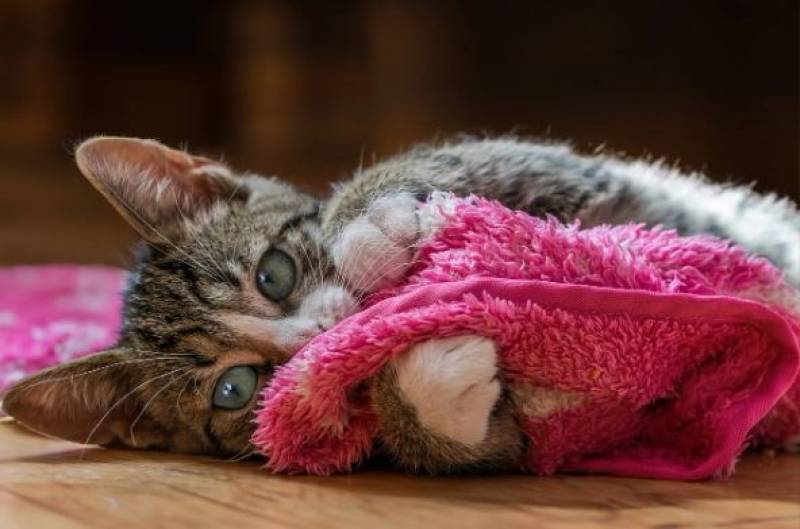article_detail
Date Published: 14/01/2025
Bird flu is spreading to domestic cats: How to protect your pets in Spain
Avian influenza is a highly contagious disease that is potentially deadly to cats

Bird or avian flu has been something of a background story for a couple of years now but the reality is that Europe is still in the midst of one of the worst outbreaks in recent history. It has resulted in the slaughter of millions of birds and like most viruses, it continues to mutate. One effect of this is its ability to jump to other species and the flu has found its latest victim: the pet cat.
While most of the domestic cat infections and resulting deaths have so far been reported in North America, the Ministry of Health in Spain has taken note, given the fact that bird flu has been detected in several different species here.
So worrying has the situation become that Spain has now ordered avian influenza vaccines from the European Commission, something it declined in the previous round of procurement.
What is bird flu and how does it affect cats?
Avian influenza is a highly contagious viral disease caused by variants of the influenza A virus, with the H5N1 strain being one of the most aggressive. Although it primarily affects wild and poultry birds, it has been documented in other species, including mammals such as domestic cats.
The virus is spread primarily through contact with infected birds, their droppings, or contaminated products such as raw meat or unpasteurised milk.
For infected pet cats, consumption of raw poultry, such as turkey or chicken, has been identified as a likely source of infection. This finding has led the Centres for Disease Control and Prevention (CDC) and the American Veterinary Medical Association (AVMA) to recommend avoiding feeding raw diets to cats, as the virus can live for a long time in uncooked products.
It stands to reason that feral cats and those who spend a lot of time outdoors have a greater chance of contracting bird flu.
Symptoms to watch out for
While the risk of domestic cats in Spain contracting avian influenza is still minimal, the disease spreads rapidly, so the experts recommend that owners watch out for the following symptoms: lethargy, fever, loss of appetite, respiratory problems and, in severe cases, neurological symptoms such as tremors or seizures.
To minimise the risk of infection, experts recommend:
- Avoid feeding raw meat and unpasteurised dairy products.
- Limit or prevent access to the outside.
- Do not allow contact with sick or dead birds.
- Maintain strict hygiene.
The risk to cats lies not only in their own health, but in the possibility that they may act as intermediate hosts for the virus, favouring its evolution and potential transmission to other species. Although there is no clear evidence of transmission from cats to humans, limiting exposure remains key to controlling this virus.
Image: Pixabay
Loading
See more news about animals in Spain:
OR
Sign up for the Spanish News Today Editors Roundup Weekly Bulletin to get a comprehensive email with all the week’s news for Spain, Murcia, Alicante and Andalucía.
Get a sneak peek – here are a few of our recent Subscription Bulletins:
Discount Special Offer subscription:
36.95€ for 48 Editor’s Weekly News Roundup bulletins!
Please CLICK THE BUTTON to subscribe.
Contact Spanish News Today: Editorial 966 260 896 /
Office 968 018 268





























